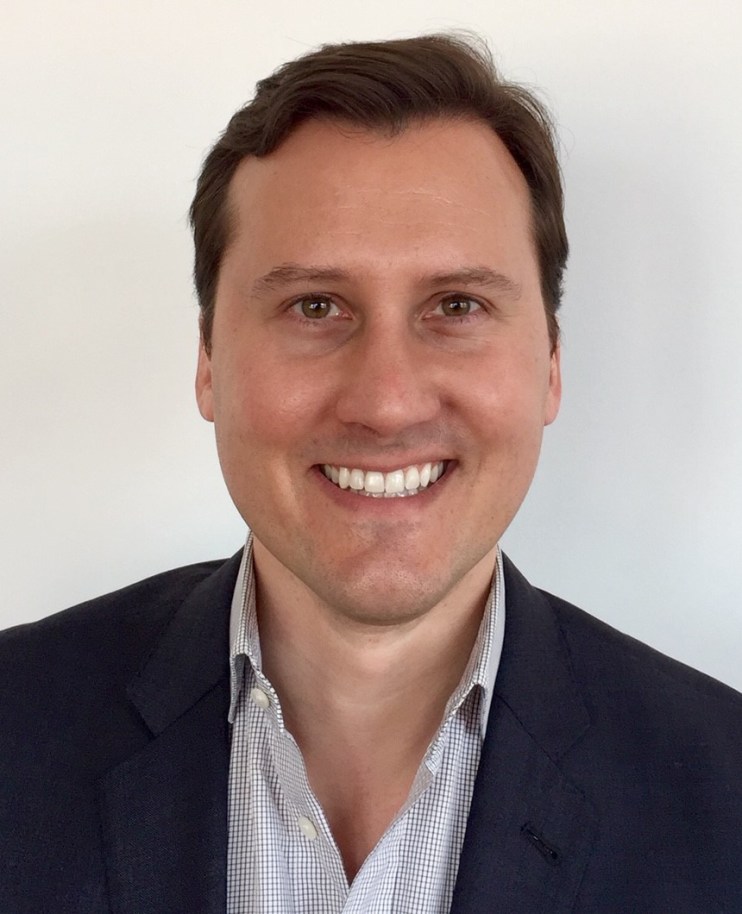Virtual law firm FisherBroyles: 2020 has been ‘the best year on record’

International virtual law firm FisherBroyles has been unwittingly preparing for the coronavirus pandemic for nearly 20 years.
Founded in 2002 following the burst of the dot-com bubble, FisherBroyles is a full-service international law firm that operates – and indeed has always operated – virtually.
Where the Covid-19 pandemic left many business leaders scratching their heads and dreaming up new ways to make old systems work, at the start of the pandemic FisherBroyles found itself ready and raring to go in a world it had inadvertently been preparing for, for the best part of two decades.
“The culture of the firm is remote working,” says the firm’s managing partner Michael Pierson, who claims: “The only difference between us and other large elite law firms is that we don’t physically operate offices. We instead leverage technology instead of real estate.”
The firm has offices in cities it operates in, like London, New York, Los Angeles and Chicago, but lawyers are under no obligation to go into the office to carry out day-to-day work. Instead the offices are used for the likes of presentations or candidate interviews.
Saving overheads on office space has apparently proved a lucrative move for the firm and its partners. Pierson claims FisherBroyles partners earn “unparalleled” sums of money when compared with competitors.
The virtual law firm has an unusual remuneration structure for partners. Partner pay is based on a formula-based remuneration model that awards and records bringing on clients. Partners earn 80% origination and working credit of the collected fee revenues from clients they bring on as a finder; earn 48% working credit for performing work for other firm clients; and earn 32% origination credit for all work performed by other partners in the firm.
Typically at magic circle firms partners are remunerated according to their seniority – a more senior partner would get a bigger cut of the profits than someone more junior. There are occasional outliers; a partner who pulls in a particularly large amount of money for the firm may be additionally compensated with a bonus, for example.
45 lawyers hired in 2020
Where many firms have struggled through the pandemic, Pierson says his firm has had “the best year on record.” The managing director confirms the firm’s revenue has never been as high as in 2020, where so far the law firm’s gross revenue stands at around $113,00,000 – up 24% on 2019’s gross revenue figure of $91,253,000.
“We had one of the largest partnership distributions – the amount of compensation paid to partners,” he says. “We’ve hired more than 45 lawyers since the beginning of 2020 and coronavirus accelerated our hiring ability because everyone realised what it’s like to work from home.”
Pierson says the majority of lawyers joining the firm come from “global elite or magic circle” firms, but coronavirus “brought hiring efforts to a new level – the vast majority are joining as partners”.
For a brief period during the pandemic FisherBroyles’ merger and acquisitions work dried up somewhat, but Pierson says that has largely returned to normal: “Litigation has continued to soar, and employment has been incredibly active thanks to corporate layoffs and furloughing and corporate restructuring,” the managing partner continues.
Like all businesses, however, FisherBroyles has not been entirely immune from Covid-19’s clutches – the firm had to cancel its annual partnership retreat for all firm partners. On a typical year everyone flies to a city, takes over a hotel and enjoys three days of dinners and networking. Last year partners went to Deer Valley ski resort in Utah.
Despite the firm’s 2020 successes, Pierson would like to see some certainty in the near future. For now, he says it is “difficult to predict” what will happen next: “People are hurting, it’s terrible. After the rounds of stimulus have waned we’re going to be looking at some tough economic consequences,” he says.
“Once we see some certainty in the US election and the result of the lockdown in France, the UK and so on, we’ll have a little bit more certainty with regard to everything. Can we open safely? Can we go about our business like we did prior to the coronavirus pandemic?”